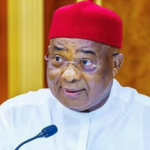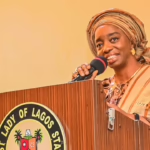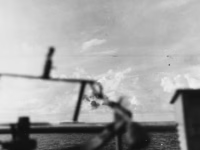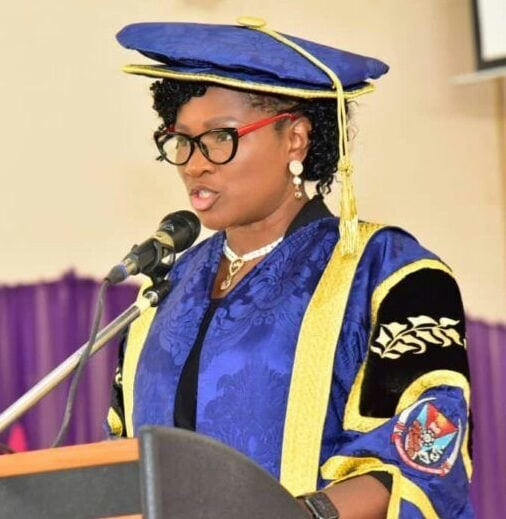Professor Adenike Oladiji, Vice-Chancellor of the Federal University of Technology Akure (FUTA), has raised serious concerns about the increasing global threats to wildlife, underscoring the urgent necessity for robust conservation strategies.
She highlighted that the international wildlife trade, with direct exports estimated at around $1.8 billion, poses a significant risk to biodiversity worldwide.
Speaking at the 7th annual conference of the Wildlife Society of Nigeria (WISON), hosted on the FUTA campus in Akure, Ondo State, Prof. Oladiji emphasized the gravity of these challenges.
Represented by FUTA’s Deputy Vice-Chancellor (Academic), Professor Timothy Amos, she noted, “Comprehensive economic assessments place the global cost of wildlife exploitation between $4 billion and $20 billion annually, a staggering figure that demands urgent attention.”
The conference, themed “Globalisation and Wildlife Trade: Trends and Impacts on Conservation,” provided a platform for Prof. Oladiji to discuss the pressing conflict between economic interests and the imperative to protect wildlife.
In her opening remarks, the Vice-Chancellor lamented the tension between the pursuit of financial gains through wildlife commerce and the critical need to preserve natural ecosystems and animal species.
She emphasized that overharvesting remains one of the most severe threats to conservation efforts on a global scale.
Warning that unregulated exploitation could jeopardize the stability of ecosystems, Prof. Oladiji echoed the scientific community’s urgent call for coordinated and decisive intervention.
She praised the conference theme as an essential opportunity to engage in meaningful dialogue that reconciles economic development with environmental responsibility.
Expressing optimism, she hoped the discussions would lead to actionable policies aimed at protecting wildlife for the benefit of future generations.
“This conference at FUTA represents a crucial milestone in tackling the multifaceted challenges globalization presents to conservation. It also reaffirms our university’s dedication to pioneering research and policy initiatives that safeguard Nigeria’s and the global natural heritage,” she stated.
Earlier in the event, Professor Anthony Adekunle Ogunjinmi, chairman of the Local Organising Committee, encouraged attendees to actively participate rather than remain passive observers.
He urged delegates to “fully engage in the sessions, pose insightful questions, network with fellow participants during breaks, and cultivate connections that will endure well beyond this conference.”

















